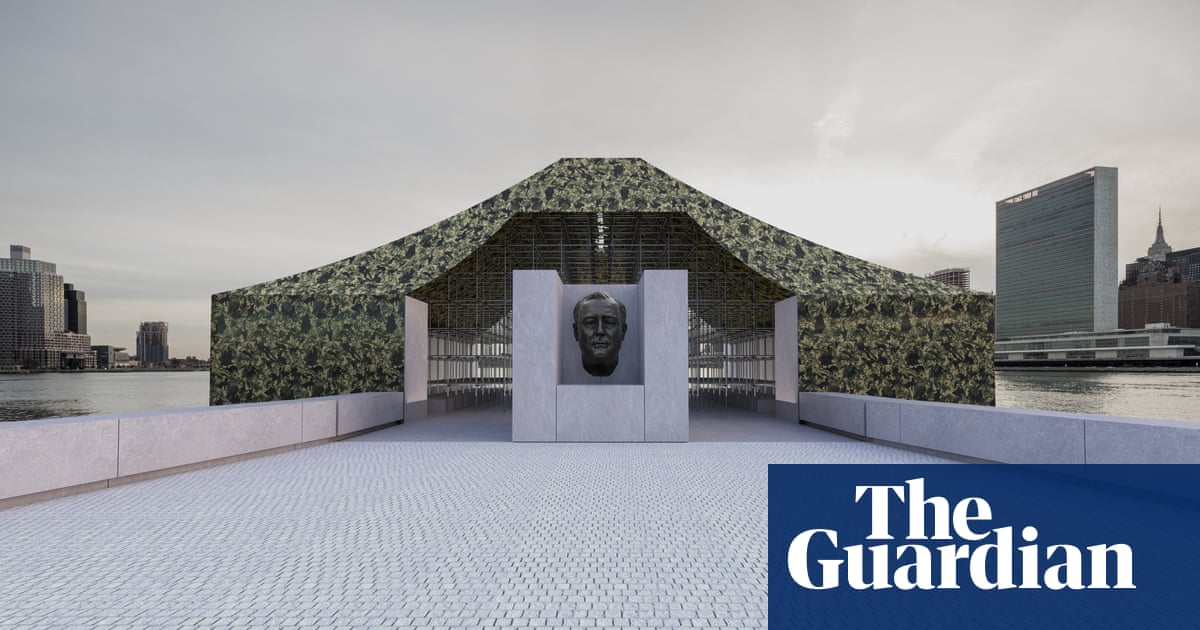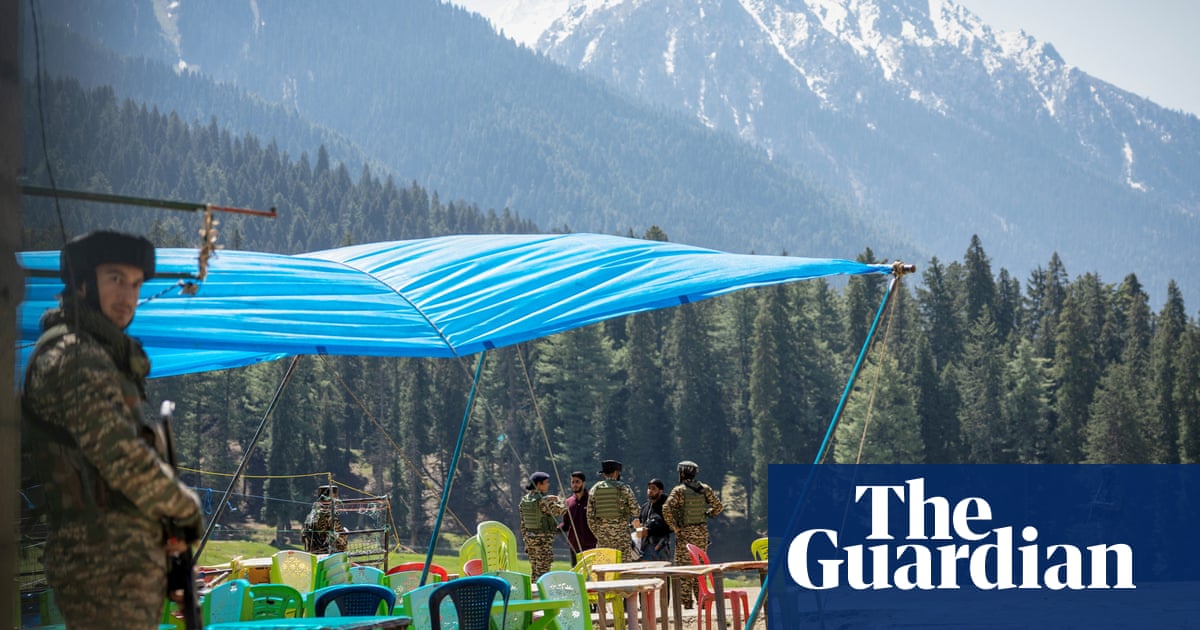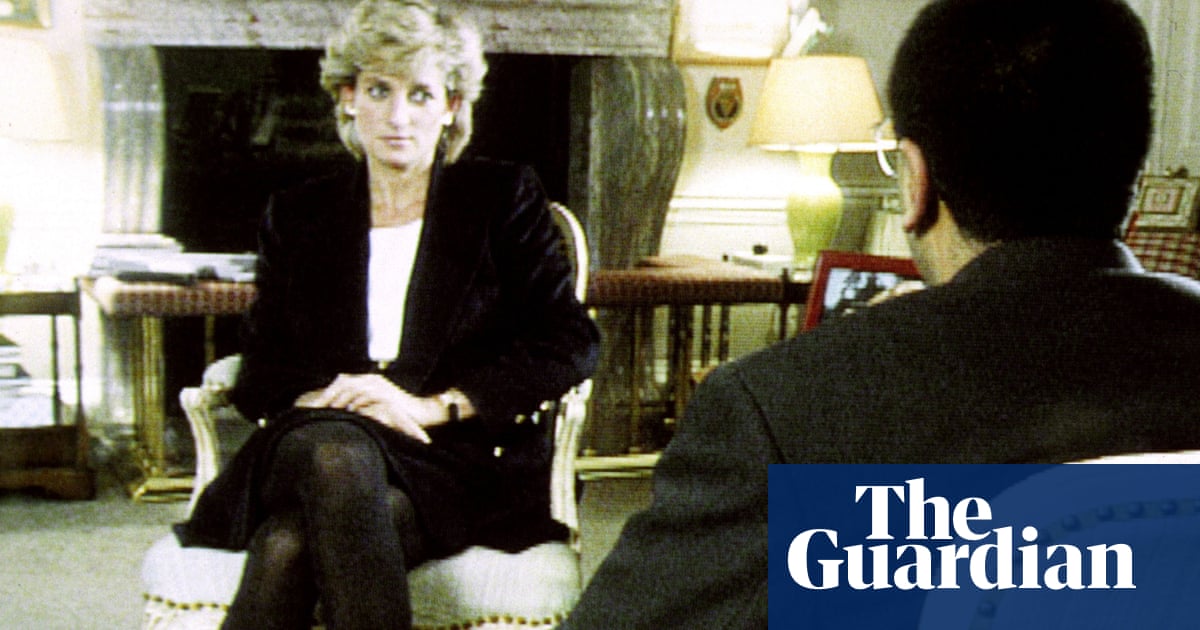Argentina, 2272. The Argentine Pampas, the grassland prairies that make up much of the country’s interior, have been flooded by a rising sea. The landscape of lakes and glaciers is now an archipelago of tropical islands. Rechristened the Pampas Caribbean, it’s one of the planet’s few remaining inhabitable regions and, as a result, prime tourism real estate.
Dengue Boy attends summer camp on the public beaches of the Victoria Interoceanic Canal, a toxic dumping ground that incubates epidemics and aberrations. One day, the boys form a circle and pull their dicks out in one of those exploratory preteen rituals. Dengue Boy hesitates, because Dengue Boy is a giant, humanoid mosquito, inexplicably born to a human mother in a post-apocalyptic slum. And mosquitoes don’t have dicks. “Is it true your mom was raped by a mosquito?” the kids taunt.
Published in the original Spanish in 2023, this is the English-language debut of Argentinian author Michel Nieva, beloved at home as the king of “gauchopunk” style. The portmanteau refers to his playful use of national symbols and his rebellious disregard for high-low distinctions. The book is classic dystopian pulp: global warming, pandemics, radioactive mutation; rich people surviving in climate-controlled enclaves; poor people living short, wretched lives. But it’s also a wildly original anti-capitalist satire: this world is run by conglomerates such as Ebola Holding Bank and Influenza Financial Services, which speculate on emergent pandemics even as they eliminate swaths of humanity. Smugglers traffic contraband such as “sheepies”, lab-grown, semi-sentient sexual organs. At one point, Dengue Boy’s classmate encounters a telepathic stone unearthed from beneath Antarctica’s melted ice, which he plugs into his gaming console, connecting him to the omnipotent primordial force of the universe.
Such unhinged flights of fancy are everywhere in the novel, each one gorier or more perverted than the last. Littered among them are magpie references to Kafka, Philip K Dick and Borges (one chapter takes place in a video game inside a video game, a cheeky remix of Borges’s most celebrated device). Time here is fluid and continuous, with past and future forming an ouroboros that nods to both magical realism and trippy China Miéville-style sci-fi. But Nieva’s intervention into the genre goes deeper than form – all the way down to the novel’s conceit. Rather than simply subjecting Dengue Boy to the horrors of surviving the Capitalocene, Nieva finds a more productive use for his protagonist, which is to exact revenge on those responsible.
In that opening scene on the radioactive beach, docile Dengue Boy is finally pushed to the edge. His killer animal nature awakens, and with it, an epiphany: “In the species Aedes aegypti,” he realises, “only the females bite, suck and transmit diseases, while the males devote themselves to the mechanical process of copulation and siring. With relief, with childlike awe, she understood that her entire life had been determined by a grammatical error.” Rise, Dengue Girl.
This transformation sets the novel’s revenge plot in motion, and readers will invariably cheer as she eviscerates the ringleader bully with her beak, like “tearing open a blood sausage”. Terrified by her own monstrosity but seized with insatiable bloodlust, Dengue Girl takes flight and sets off on a rampage, vowing to “assassinate and infect the rich people and foreign tourists who had caused her mother, and, by proxy, her, so much woe”.
First stop? Santa Rosa, where her mother works, a not-so-distant stand-in for real-life hotbeds of stinking beachfront affluence such as Miami. Leaving a trail of blood and pestilence, she eventually decides to halt the machine by confronting the book’s final boss: Noah Nuclopio, CEO of Influenza Financial Services and other nefarious profiteering corporations.
The showdown takes place aboard a mining base in the Antarctic Caribbean, where Nuclopio is extracting telepathic minerals to become the galaxy’s richest man. It’s all delightfully whimsical and absurd, but the core drama – capitalism’s discontents coming home to roost – couldn’t be more realistic, especially as we await the trial of another CEO assassin: Luigi Mangione. Here, in the realm of fantasy at least, there’s no question as to whether our hero is righteous.
Dengue Boy by Michel Nieva, translated by Rahul Bery, is published by Serpent’s Tail (£12.99). To support the Guardian and Observer, buy your copy at guardianbookshop.com. Delivery charges may apply.

.png) 2 months ago
22
2 months ago
22













































